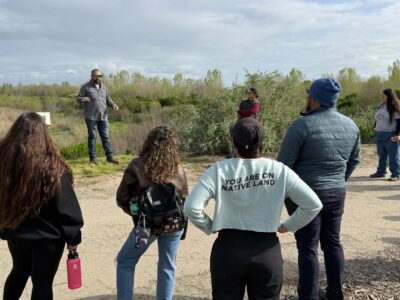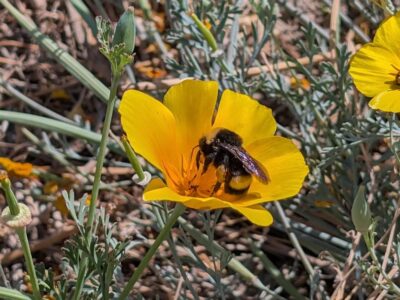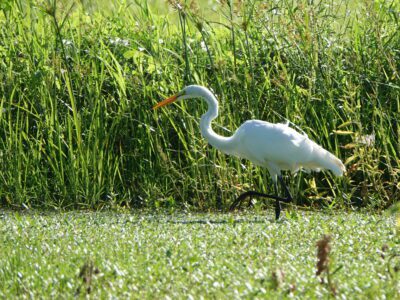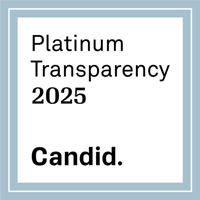“We are drawn to rivers,” says Dave Koehler in “Welcome to RiverSpeak,” the introduction to his new podcast. “For as long as the grass grows and the waters flow, our lives and rivers are one.”
Koehler’s words aren’t just a casual observation. He recently retired from a 30-year career in conservation, where lands, rivers and the communities that depend on them were his occupation and also his purpose.
“I’m now taking time to travel some side roads,” Koehler says, but those roads still follow the water. Today, he serves as a River Partners board member, and he’s just launched the new podcast series RiverSpeak. “I’m exploring rivers everywhere to tell the stories and actions of people that see rivers as a community to which we belong. I love it.”

The first of five episodes of RiverSpeak aired in September 2020, including a feature on our own Julie Rentner, president of River Partners, alongside other passionate and accomplished western river conservationists. Koehler plans to launch new episodes in the third week of each month.
Koehler says he was inspired to create the RiverSpeak podcast because he felt a need to tell the stories of people who are protecting, conserving, and saving rivers. “I thought it could serve as inspirational and informative for all the people working on rivers, and those who are just deeply interested in rivers as well.”
Rentner and River Partners, Koehler says, are especially inspirational because of their ability to balance the needs of large river systems with the needs of the people who live in riverside communities. “We just need more of that in river conservation.”

The first few episodes of RiverSpeak are California-centric — Koehler spent his career working in the Golden State, and he has a deep understanding of the unique issues facing water managers, ecologists, and other people who are interested in and connected to California’s rivers.
“When you’re talking about the rivers of the Central Valley, the vast landscape of those rivers is through a lot of corporate agricultural lands,” he explains. “And what both farmers and ecologists see is that decisions made decades, if not more than 100 years ago, have really placed us in a position where those ecological systems are compromised, to a point where it doesn’t work for anyone, let alone life-giving systems and wildlife.”
No matter where the river, Koehler says it will take a lot of dedication to undo the damage that was done so many years ago. One way to work towards that goal is by building relationships and educating people about what river restoration and conservation mean for communities.
“If we can do that, people just fall in love with the work and they see the connection,” he says. “And really, if you think about it, what better place to put your resources than to the landscape and the natural ecosystems that are providing health and opportunity back to all of us.”
Visit riverspeak.org.








